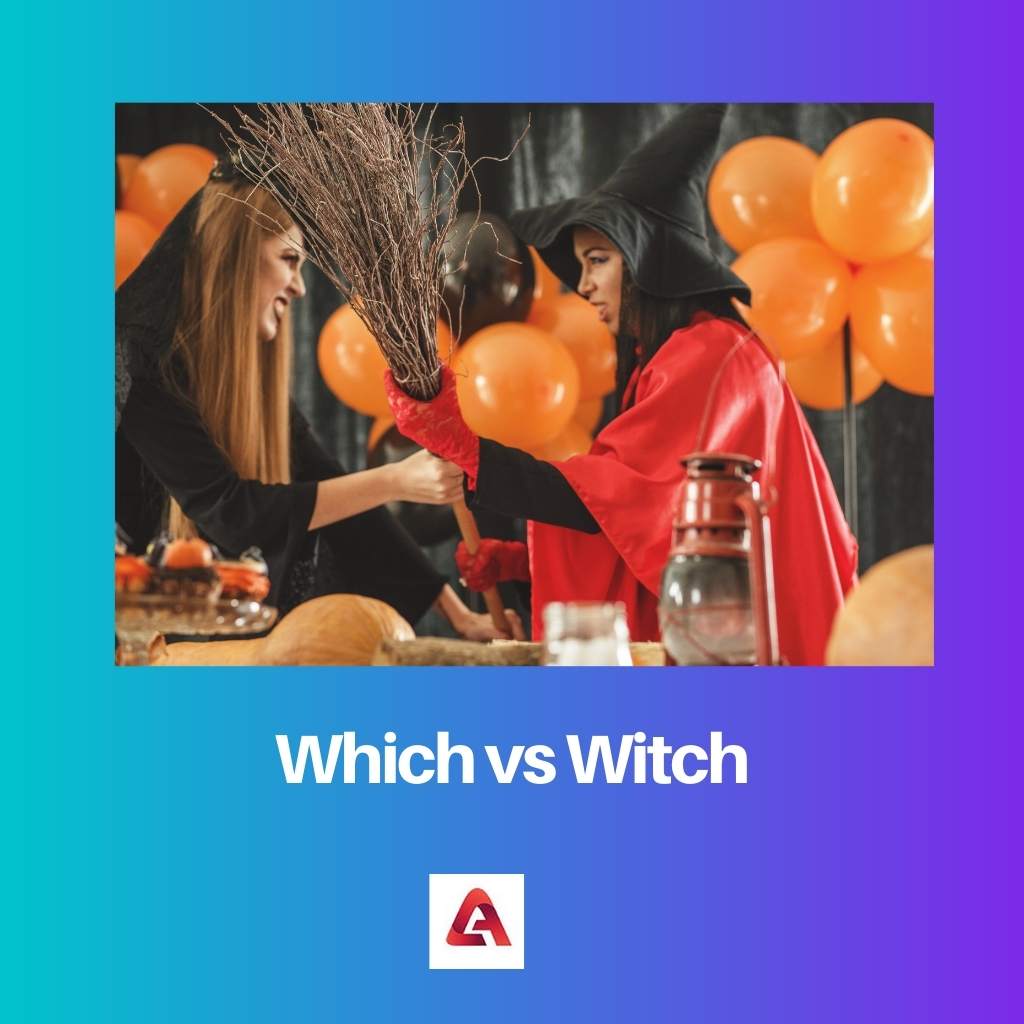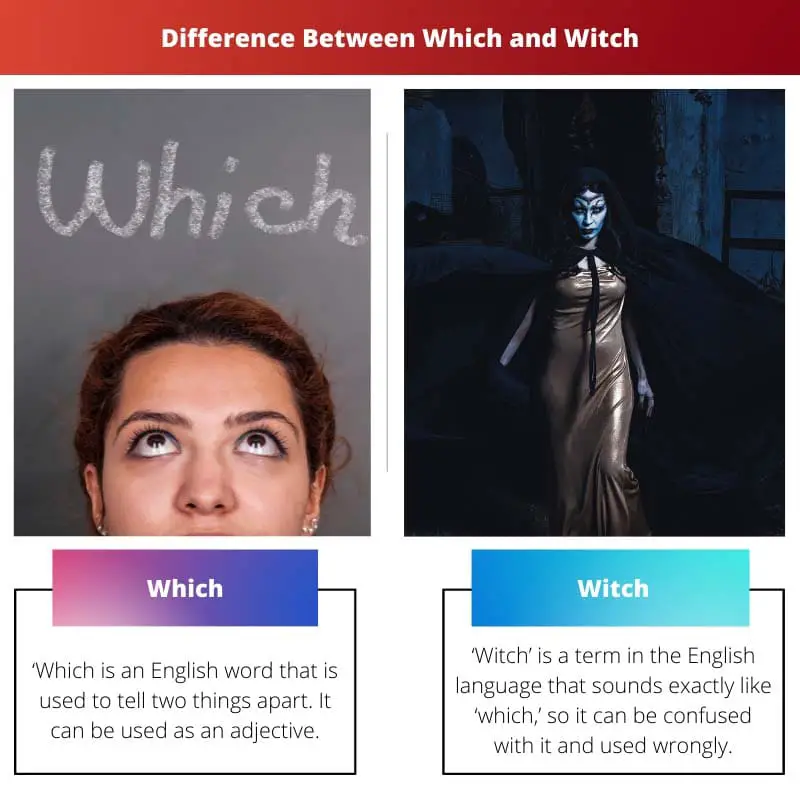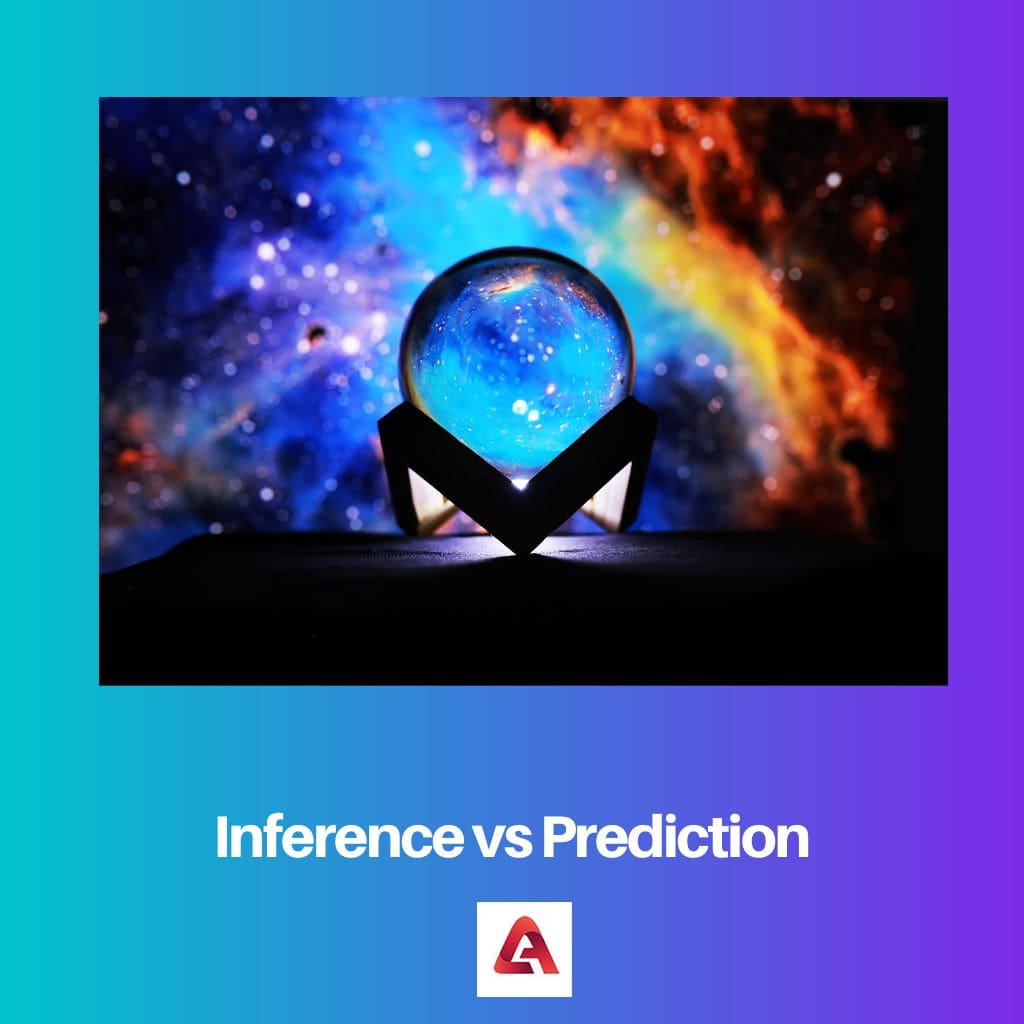Learning English is not an easy task, especially when there are a lot of words in the language that sound the same. These words are called Homonyms.
Key Takeaways
- “Which” is a pronoun used to refer to a specific thing or things from a group, while “witch” is a noun referring to a woman who practices magic.
- “Which” is used in questions and relative clauses, while “witch” describes a person who performs magic.
- “Which” is a common pronoun in English, while witches are depicted in literature and folklore as supernatural beings with magical powers.
Which vs. Witch
The witch can be a woman who has supernatural powers and can practice magic. Witches are found in fictional series having both positive and negative roles. Which is a pronoun used to connect sentences and can be used to question something. For example, “Which place could be suitable for our meetup?”

Which’ is a pronoun just like ‘who,’ like who is used to refer to people, which is used to refer to objects and non-living things.
‘Witch’ is a word used in stories and fairytales to describe a woman with supernatural powers. Mainly, these witches are shown as the villain of the stories and in a bad light.
Comparison Table
| Parameters of comparison | Which | Witch |
|---|---|---|
| Part of speech | Adjective as well as a pronoun. | Noun |
| Usage | Used to distinguish between two things. | Used for a woman who holds supernatural powers |
| Used for | Inanimate objects | Fictional women |
| Where is it used? | Day-to-day conversations. | In stories or movies. |
| Example | ‘Which subject is hard for you, math or science?’ | ‘The story had an evil witch.’ |
What is Which?
‘Which is an English word used to tell two things apart. It can be used as an adjective. The word ‘Which’ should come after the described thing. For example:
- There was an opportunity that did not last long because of your procrastination.
- Black is the color which you are supposed to wear at the theme party tomorrow.
- You told me you had a fever and couldn’t come to work because of it, which was invalid.
‘Which is also used as a pronoun. It is in an interrogative form, a question. For example:
- Which dress would you prefer to wear on your birthday, the red one or the pink one?
- Which is the most favorite photo out of all these?
- Which school did you attend when you were in Hyderabad?

What is Witch?
‘Witch’ is a term in the English language that sounds precisely like ‘which,’ so it can be confused with it and used wrongly. The letter ‘t’ is silent in Witch.
Typically shown in a negative role, witches are also in a positive role at times, like in Harry Potter. The school mentioned in the movies/stories, Hogwarts, is a school for Wizards and Witches. There, the witches were excellent and helpful.
Some examples of the word ‘witch’ used in a sentence are:
- The evil witch in Sleeping Beauty was after the main character’s blood.
- She looks like a witch to me.
- Her intentions were as evil as a witch’s.
- The story’s witch was terrifying.

Main Differences Between Which and Witch
- Which is used in our day-to-day conversations, whereas ‘witch’ is used in movies or stories.
- Which is a ubiquitous English word, whereas witch is only used in stories for particular characters and is not used as as which.





